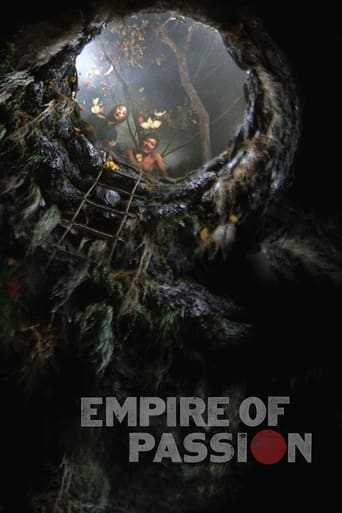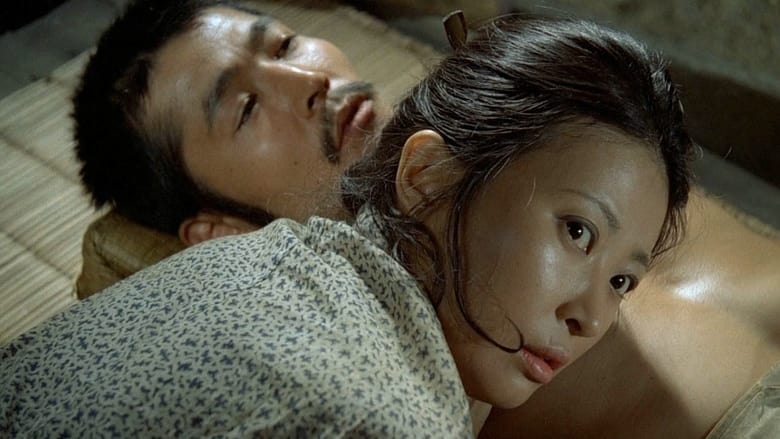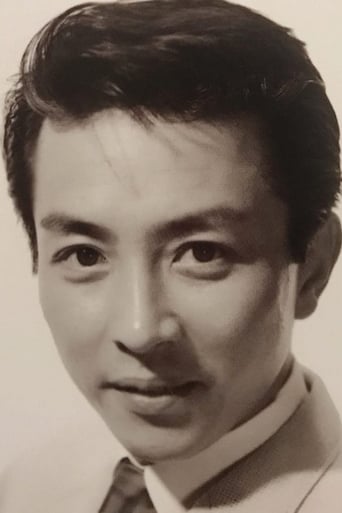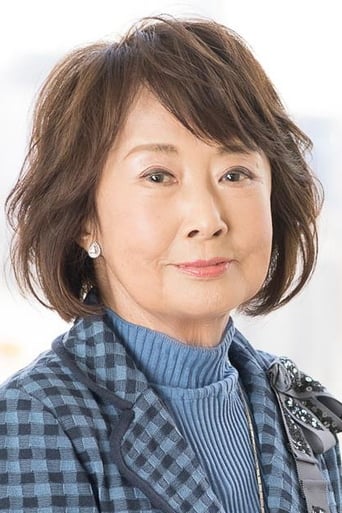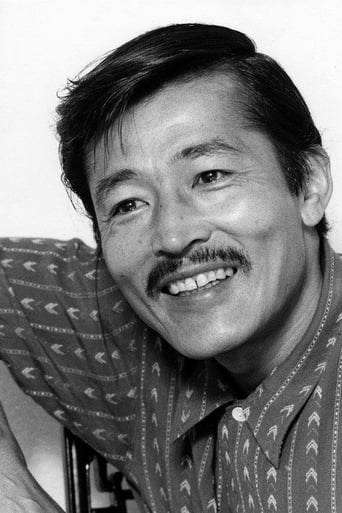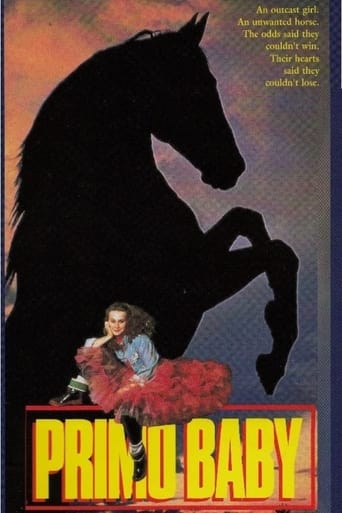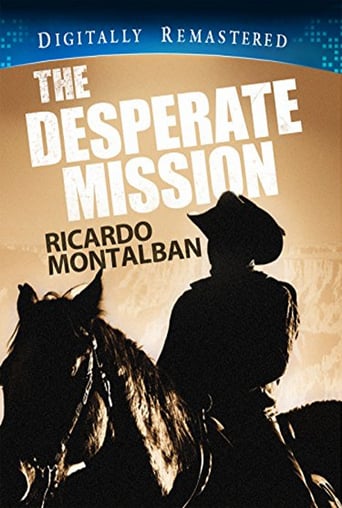Empire of Passion (1979)
In a small Japanese village at the end of the 19th century, a rickshaw driver's wife takes on a much younger lover and the two conspire to murder him.
Watch Trailer
Cast


Similar titles
Reviews
Such a frustrating disappointment
So much average
Powerful
Through painfully honest and emotional moments, the movie becomes irresistibly relatable
"Empire of Passion" is a story of unbounded passion, crime, guilty conscience and eventual loss.The story takes place in a Japanese village in 1895. The monotonous lives of Gisaburo, the husband, and Seki, the wife, is changed forever when Seki begins an affair with a younger man, Toyojo, who convinces her that they should kill her husband to be together freely. Gisaburo's murder is the beginning of the sufferings of Seki and Toyojo, who are driven to madness in their own different ways.Director Nagisa Oshima interweaves into his horrifying story elements of Japanese culture, particularly the belief in the appearance of the ghost of dead people. In Empire of Passion, it is in fact the appearance of Gisaburo's ghost which drives the already-troubled Seki more and more towards madness, to the point where the boundary between reality and dream (or better to say nightmares) becomes blurred.Some critics said Akira Kurosawa was depicting "hell" in his 1961 Yujinbo. I believe it might as well be said the same for Empire of Passion, in its own way.
... and I know nothing about Japan or Japanese cinema. I just accidentally tuned in to this one close to its beginning at 4AM, expecting to be bored. Instead it discreetly pulled me in by its not so discreet plot and acting.The synopsis says that it is about a younger man having an affair with an older woman. However, the woman (Seki) does not look to be that much older than the young man, Toyoji. Seki's husband is a rather dull rickshaw driver, and Toyoji's giving Seki the romantic attention that her husband Gisaburo does not. However Gisaburo loves Seki, just in his own understated way. Where things get a little strange is in Toyoji's point of view. First he insists on "shaving" Seki, then he insists that because he has done this Gisaburo will know about the affair and they must therefore murder Gisaburo. Seki, just as passive as her husband, agrees and together they strangle Gisaburo and throw him down an old well. Here's where things get even stranger, from a human nature standpoint - everyone in the community just accepts the fact that Gisaburo left town and does not come back - for three years. The only thing that arouses their suspicion is, after a three year absence, his ghost starts appearing to the townspeople asking for this and that - saying that he wants his pipe, new clothes etc. since he hasn't had any for so long. Odd that dreams arouse their suspicion when the hard evidence of a man you could set your watch by disappearing in thin air does not.Then Seki starts seeing Ginsburo's ghost. Ginsburo's ghost is corporal though - he can and does pull his rickshaw around, drink, and smoke just as he did in life. The one person the ghost does not appear to is Toyoji, so as Seki slowly starts to emotionally unravel, Toyoji just thinks its guilt and panic eating at her and is not very sympathetic towards her.Finally there is the brutality of the police that is quite a shock. The detective investigating Ginsburo's disappearance keeps telling the townspeople that he can't arrest anyone without proof, but when he does the accepted protocol of interrogation is to hang the suspect by a tree in public and cane them until they confess. Why bother with an investigation if torture is the next step after an arrest? You could get a confession out of anybody this way.The whole thing has a very surreal quality, a story with universal themes but some odd behavior I just chalk up either to directorial style or cultural differences or maybe both, and some beautiful shots of the Japanese countryside, which is sometimes easily overlooked in the face of this very strange but engaging tale.
Empire of Passion starts out deceptively - that is, if you're immediately expecting it to be a horror movie. It's like a riff on James M. Cain's The Postman Always Rings Twice, at first: Seki (Kazuko Yoshiyuki) is a mother of two and a dutiful, hard-working wife to rickshaw driver Gisaburo (Takahiro Tamura). But when he's not around, and she's at home with the baby, the feisty and aimless young man Toyoji (Tatsuya Fuji) comes around to bring some goodies for Seki... and a little extra. They're soon sleeping together, but after he does something to her (let's just say a "shave"), he knows that he'll find out, and immediately proposes that they kill Gisaburo. They drink him up, strangle him, and then toss him down a well. Naturally, this will come back to haunt them - but that it's literally, at least to them (at first super-terrified Seki and then only later on skeptical Toyoji), changes gears into the 'Kaidan', a Japanese ghost story.This is a film where the horror comes not simply out of "oh, ghost, ah", but out of the total dread that builds for the characters. In a way there's the mechanics of a film-noir at work throughout, if only loosely translated by way of a 19th century Japanese village as opposed to an American city or small town (i.e. the snooping cop, the "evidence" found possibly by another, word getting around, suspicions aroused, etc). It's compelling because Seiko actually was against the plan from the start, manipulated by the lustful but ill-prepared Toyoji, and her reactions to Gisaburo's re-appearances are staggering to her. Take the one that comes closest to poetry: Gisaburo's ghost, pale-blue face and mostly silent, chilling stare, motions for Seiko to get on the rickshaw. She does, reluctantly, and he pushes her around on a road she doesn't know, in the wee hours before dawn, surrounded by smoke. Most Japanese ghost stories wish to heavens they could get this harrowingly atmospheric.While it starts to veer into hysterics towards the end, there's so much here that director Oshima gets right in making this a distinctive work. After hitting it huge in the international cinema world with In the Realm of the Senses (which, ironically, got banned in his own country), he made something that, he claimed, was even *more* daring that 'Senses'. Maybe he was right; Empire of Passion has less graphic sexual content by far than its predecessor (also starring Tatsuya Fuji, a magnificently physical actor with an immense lot of range), but its daring lies in crafting a world of dread. You can believe in ghosts in this story, but you also have to believe how far down to their own personal hells these two would-be lovebirds will go. The snooping detective or the gossiping townspeople are the least of their worries: the fate of their very souls is at stake.And Oshima takes what in other hands could be merely juicy pulp (sadly, it wouldn't surprise me if an American remake was already in the works) and crafts shot after gorgeous shot, with repetition working its way into the mis-en-scene (i.e. the shots of Seiko and Toyoji walking on that road, the camera at a dutch angle, the world tilted and surrounding them in a grim blue hue) as well as some affecting movements that will stay with me long after I finish typing this (i.e. Toyoji throwing the leaves by one hand into the well in slow motion, or how Seiko's nude body is revealed after she becomes blind). It's daring lies in connecting on a level of the spirit- not to be confused with the spiritual, though there may be something with that as well- about life and death's connections to one another, inextricably. It's a classic waiting to be discovered.
In 1895, in a small village in Japan, the wife of the litter carrier Gisaburo (Takahiro Tamura), Seki (Kazuko Yoshiyuki), has an affair with a man twenty-six years younger, Toyiji (Tatsuya Fuji). Toyiji becomes jealous of Gisaburo and plots with Seki to kill him. They strangle Gisaburo and dump his body inside a well in the woods, and Seki tells the locals that Gisaburo moved to Tokyo to work. Three years later, the locals gossip about the fate of Gisaburo, and Seki is haunted by his ghost. The situation becomes unbearable to Seki and Toyiji when a police authority comes to the village to investigate the disappearance of Gisaburo."Ai no Borei" is a surreal and supernatural love story. The remorse and the guilty complex of Seki make her see the ghost of her murdered husband, spoiling the perfect plot of her lover. The cinematography is jeopardized by the quality of the VHS released in Brazil, but there are very beautiful scenes, inclusive "Ringu" and the American remake "The Ring" use the view of the well from inside in the same angle. The performances and direction are excellent making "Ai no Borei" a great movie. My vote is eight.Title (Brazil): "O Império da Paixão" ("The Empire of Passion")

